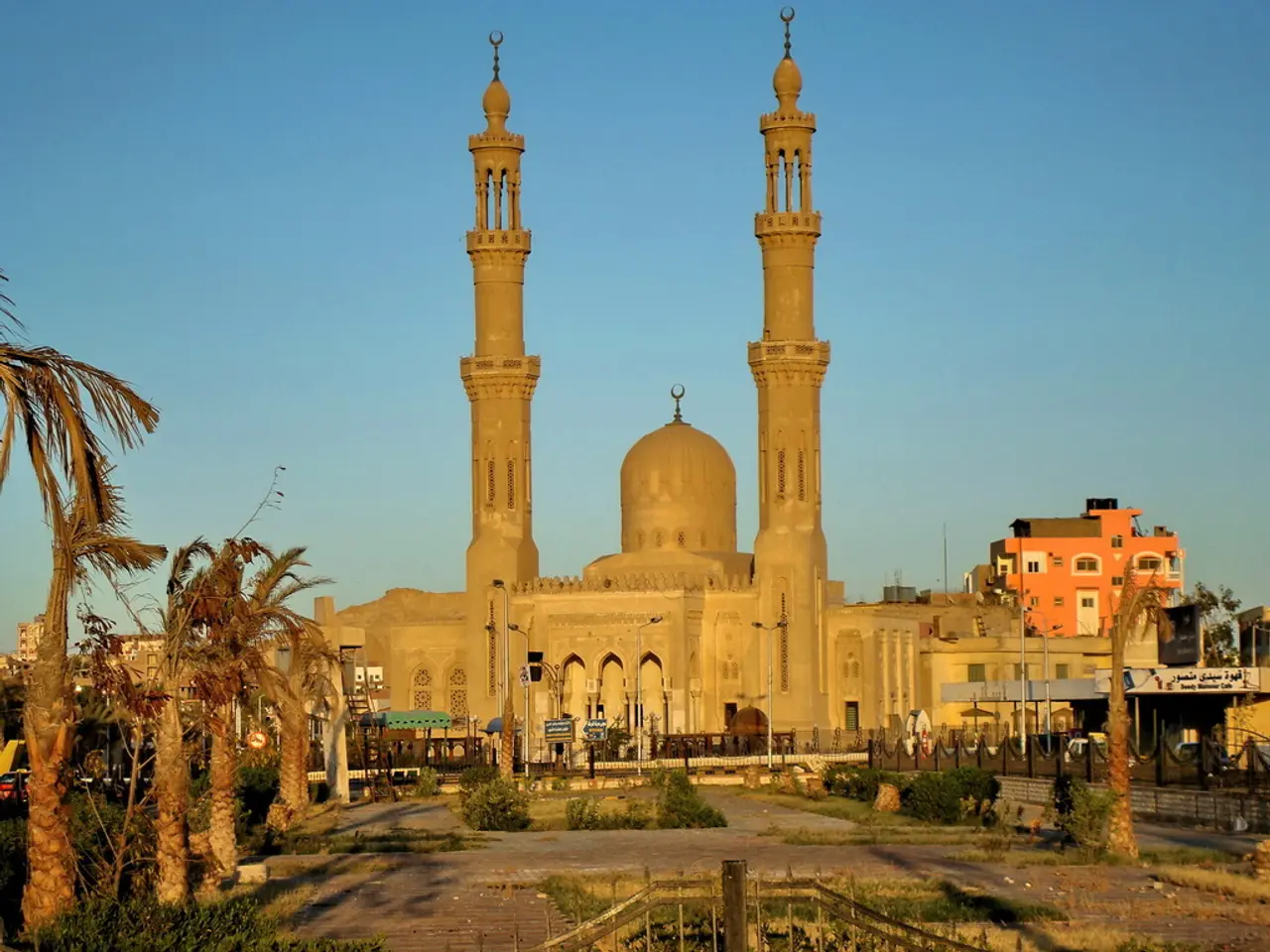Postponement of Afghan Foreign Minister's Visit Announced by FO
Iran continues to be an important neighbour for Pakistan, with the two nations sharing a historic, comprehensive, and multifaceted relationship.
In recent developments, discussions on the Iran-Pakistan (IP) gas pipeline project are ongoing, reflecting the commitment of both countries to strengthen their ties. However, the issue of terrorism emanating from Afghan soil, particularly affecting Khyber Pakhtunkhwa and Balochistan, remains a central point in Pakistan's discussions with Kabul.
Pakistan is actively working to de-escalate tensions and foster mutual understanding with Tehran. This effort is evident in the upgrading of the Chargé d'affaires to Ambassadorial level in both Islamabad and Kabul.
The scheduled date for Afghan acting Foreign Minister Amir Khan Muttaqi's visit to Pakistan for high-level talks is yet to be confirmed. Originally planned for early August, the visit was postponed due to technical issues and procedural complications. Despite this, Pakistan's Foreign Ministry has clarified that no official postponement or cancellation has been declared.
Meanwhile, Pakistan remains firmly committed to a stable and peaceful Afghanistan. The world must not remain silent in the face of Israel's blatant violation of international human rights and humanitarian laws. The spokesperson called for the international community, particularly the United Nations, to take immediate and concrete steps to hold Israel accountable for its illegal actions and to protect the religious sanctity of Al Aqsa Mosque and the rights of the Palestinian people.
In a strong critique, the spokesperson also criticized Israel's expansionist attempts as a deliberate effort to destabilize the region and sabotage any meaningful path to peace. Any support Israel may have extended to India in its hostile posturing towards Pakistan has failed to achieve its objectives.
The United States has expressed interest in resolving the longstanding Jammu and Kashmir dispute, but there has been no high-level contact between Pakistan and India regarding formal talks at a third-party venue since the Trump-mediated ceasefire announced in early May.
Pakistan has successfully defended its sovereignty despite India's advanced weaponry. Afghanistan's acting Foreign Minister is expected to visit Pakistan for high-level talks next month. The visit was not officially scheduled, but new dates are being coordinated by both Islamabad and Kabul.
Lastly, it's important to note that Pakistan has no intention of recognizing Israel, nor are there any truths to rumors of secret agreements with the United States. These provocations risk igniting a catastrophic spiral of violence across the region, and it is crucial for all parties involved to prioritize diplomacy and dialogue in their dealings.
- The risk of a catastrophic spiral of violence across the region increases due to the provocative rumors of secret agreements and potential recognition of Israel by Pakistan.
- Fire, in the form of a potential catastrophic spiral of violence, is a serious threat that must be addressed through diplomacy and dialogue, rather than secretive and polarizing agreements.
- Despite the efforts to strengthen ties through projects like the Iran-Pakistan gas pipeline, the issue of terrorism remains a significant concern, especially in regions like Khyber Pakhtunkhwa and Balochistan.
- In the midst of general news and policy-and-legislation discussions, the value of diplomacy and dialogue cannot be underestimated, especially in sensitive regions prone to instability and conflict, such as the Middle East and South Asia.





